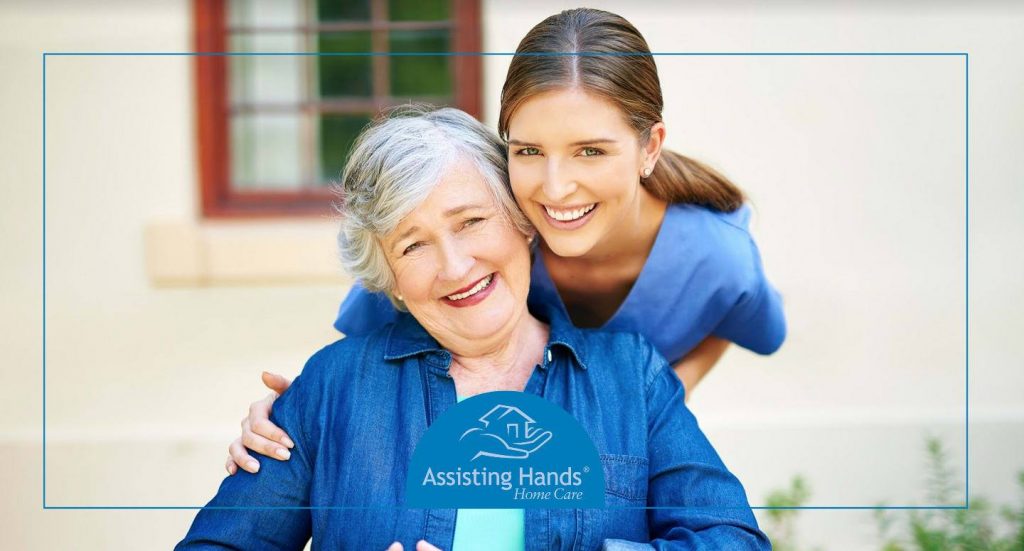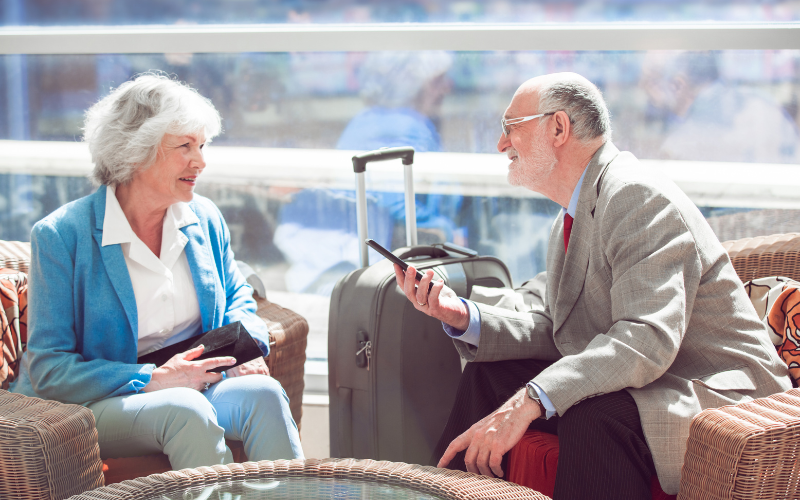
As people age, they become increasingly susceptible to injuries that contribute to early death. Accidents are common in the elderly; unfortunately, even sustaining minor injuries are fatal blows to frail bodies. The five leading causes of accidental death among the elderly are as follows:
1.Accidental Falls
Seniors age 65 and over have a high risk for falls. One in four American adults in this age group falls each year. Every 11 seconds, a senior is rushed to the emergency room for fall-related injuries; and every 19 minutes, an older person dies from these injuries. Injuries that result from accidental falls are a leading cause of death in older adults. Frail seniors can suffer severe trauma after falling. Broken bones or traumatic brain injuries (TBI) are common. Hip fractures can result when the senior falls sideways. Emergency room treatment and hospitalization are the inevitable outcomes for the three million seniors who fall each year. Lengthy hospital stays fail to protect injured seniors from hospital-acquired infections, like urinary tract infections and sepsis, which can be deadly in vulnerable adults. Falls can be prevented in and around the home. Caregivers should ensure elderly care recipients do not wear stockings and flip flops indoors. Good-fitting shoes are safest. Install adequate lighting in hallways. Remove clutter from walkways and add grab bars to the bathroom.
2. Fatal Car Crashes
Operating a vehicle requires swift reflexes, excellent eyesight and good cognitive skills. In aging people, their visual and auditory senses deteriorate, along with their abilities to respond immediately to threats or obstacles on the road. These combined factors make driving risky business for seniors. Nearly 7,700 seniors died from road accidents in 2017. Interpreting these numbers, 20 older Americans die at the wheel every day. The crash death rates are high in the elderly due to the fact that seniors are more vulnerable to fatal injuries than their younger counterparts. Seniors are sometimes disinclined to give up their keys, because it means losing their independence. Fortunately, fatal injuries while driving can be prevented by taking careful precautions. Asking a professional caregiver or family member for rides is always a safer bet. When driving is necessary, aging drivers are advised to practice safety tips. While driving or even as a passenger, wear a safety belt. Do not drink and drive while operating a vehicle. Avoid driving at night or under poor weather conditions to maximize safety on the road.
3. Choking on Food
As people age, their ability to swallow deteriorates. The muscles in the throat and mouth lose strength in older individuals. Seniors who are medicated may also produce less saliva, resulting in a mouth and throat that contain less moisture. Consequently, choking is a strong possibility in seniors. During the three years between 2007 and 2010 in the US, approximately 2200 seniors age 65 or over died from food-related choking. Seniors might have a tendency to eat too fast, chew less, swallow overly large mouthfuls or overfill their mouths. Actions like these can lead to choking. Caregivers can encourage seniors to slow down while eating to prevent a choking incident. Family members might offer smaller utensils, like spoons, to control the size of mouthfuls. Add plenty of lighting and limit distractions to the dining environment so seniors can focus on eating.
4. Poisoning by Medications
Medication mismanagement has been shown to inadvertently poison older adults. In 2016, the National Capital Poison Center reported 256 poison exposures per 100,000 people age 50 and over. Pain medications are the most common substance involved in poisoning of adults. Accidental poisoning can result when seniors take prescription medication in the wrong doses or frequencies, or the medication is intended for a different individual in the home. Some older adults might forget to read the labels on the medicine bottles, leading to fatal outcomes. Seniors who rely on professional caregivers to deliver the right doses of medications at the right times prevent accidental poisoning. Family caregivers should accompany elderly loved ones to doctor’s appointments to provide accurate lists of all drugs—and prevent adverse drug interactions.
5. Home Fires
As seniors’ cognitive abilities decline with age, memory lapses start to become more frequent. After cooking on a hot stove, older adults may forget to turn off the oven. Or, the senior may leave food on the burner far too long. Also catastrophic is wearing loosely fitted clothing while cooking. A home fire is the disastrous outcome. An estimated 32 percent of all home fire deaths in the US are among seniors age 65 and over. Smoking, too, is a major cause of fire deaths among the elderly. The injuries sustained by seniors account for 1,200 deaths per year. Fire prevention tactics save seniors’ lives. Rather than smoke in bed or on the couch, head outdoors. Seniors who cook are advised to wear short sleeves. Set a timer as a reminder to turn off the burner once cooking is done. Caregivers should install smoke detectors in the home. The causes of accidental death in seniors are one too many. Prevent injury from any of these leading causes by enlisting trusted support at home. Professional caregivers from Assisting Hands Home Care incorporate practical strategies and practices to safeguard seniors’ well-being both inside and outside the home.

As a part of our elder care responsibilities, we offer help with daily routines. We’ll assist your loved one with grooming, bathing and dressing. Our compassionate caregivers also support seniors with mobility issues. We are careful with medication reminders and ensure seniors comply with medication instructions. Assisting Hands Home Care services are flexible. We offer a wide range of options for dependable home care. Respite care, 24-hour care, dementia care, hospice care and post-surgical care are among the many care options available to seniors who require support. Families with aging loved ones living in Aurora, Bartlett or Batavia, Illinois, are encouraged to contact Assisting Hands Home Care for our dedicated memory care services. A skilled dementia caregiver is one call away. Our home care services give seniors a higher quality of life.















